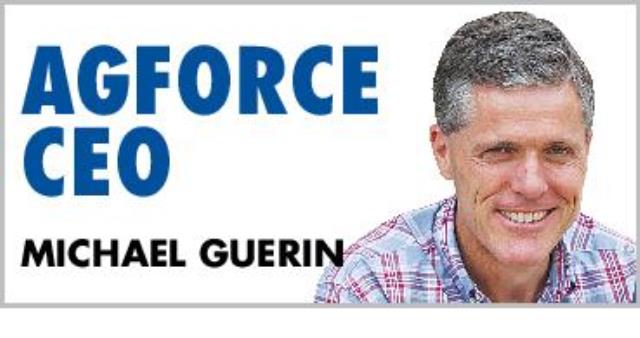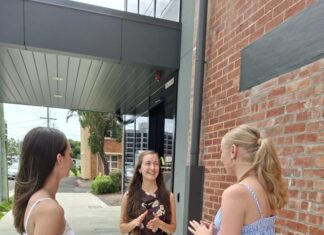It still sounds implausible that our government could claim strong environmental credentials whilst pushing for ongoing coal fired power generation investment.
But a crucial element of making that plan more palatable to the electorate, involves pumping the resulting industrial waste from those power plants into underground aquifers and even into the Great Artesian Basin, in a process called Carbon Capture and Storage.
That was exactly what the current Federal Government was trying to do this year – and would probably have succeeded – if it was not for the strong intervention of AgForce.
What’s even scarier and becoming more obvious by the day, is that this is just the tip of the iceberg.
Whether it is the process of fracking to extract Coal Seam Gas, or the storage of waste materials out of sight of major population areas, the pattern of potentially putting at risk the groundwater relied upon by inland communities for their very survival, needs addressing if we genuinely care about our rural communities, the environment and sustainability.
AgForce’s position is crystal clear, the precautionary principle must apply when considering these proposals.
That is, if there is a real and identifiable potential risk to the Natural Capital relied upon by industry, community and environment, that needs to be properly considered and taken into account before a project can proceed.
Irreversible damage to the environment we rely on for food security and community sustainability is exactly that – it’s irreversible.
The ABC News article of 6 August 2024 (abc.net.au/news/2024-08-06/nuclear-waste-sandy-ridge-facility-tellus-holdings-aukus/104130550 ) on the Sandy Ridge nuclear waste facility in remote WA surmises this concept well – showing how critical early and genuine consultation with relevant parties is, for these controversial projects to be successful.
One of the many downfalls of the Glencore project that AgForce stopped in its tracks, was the appearance of the Federal Government and an International Mining Giant trying to do exactly the opposite to this.
As we hurtle towards the next federal election, we all need to ask our aspiring federal politicians for their ironclad commitment to this precautionary principle.
Without it, the very food security that all Australians take for granted may not remain as secure as we all assume it to be.









